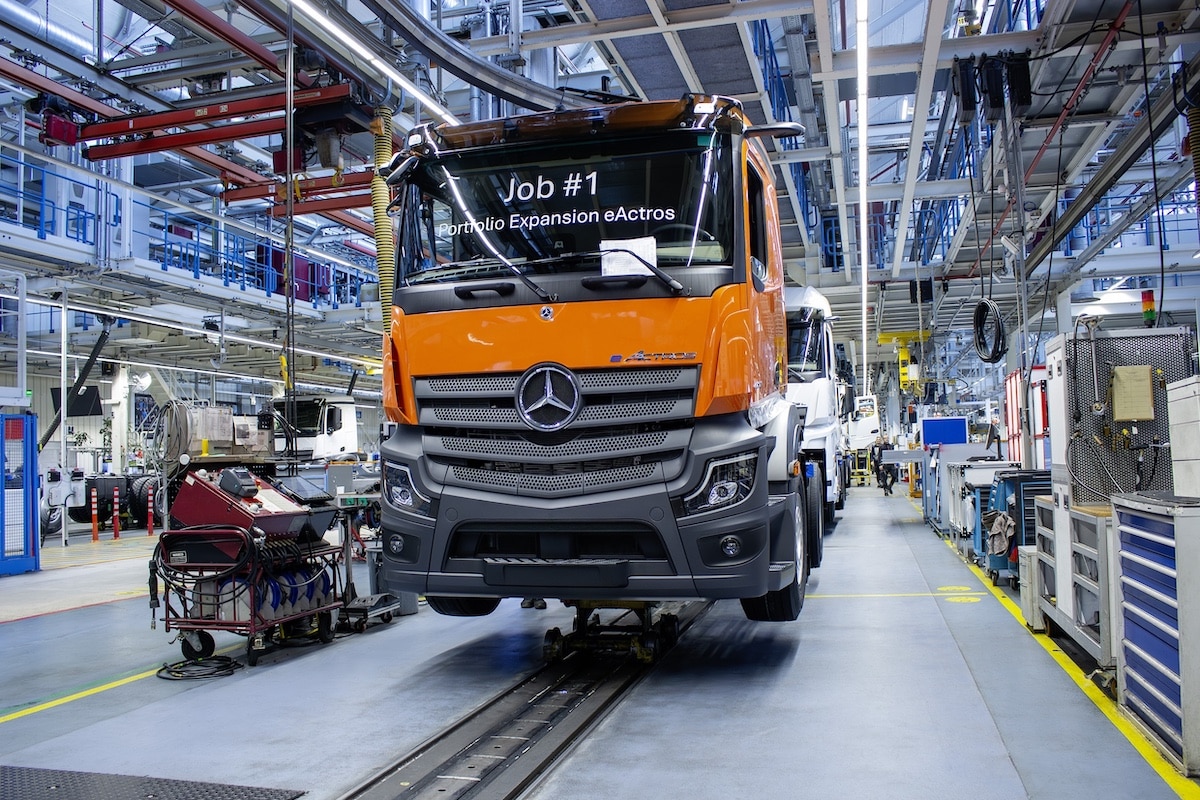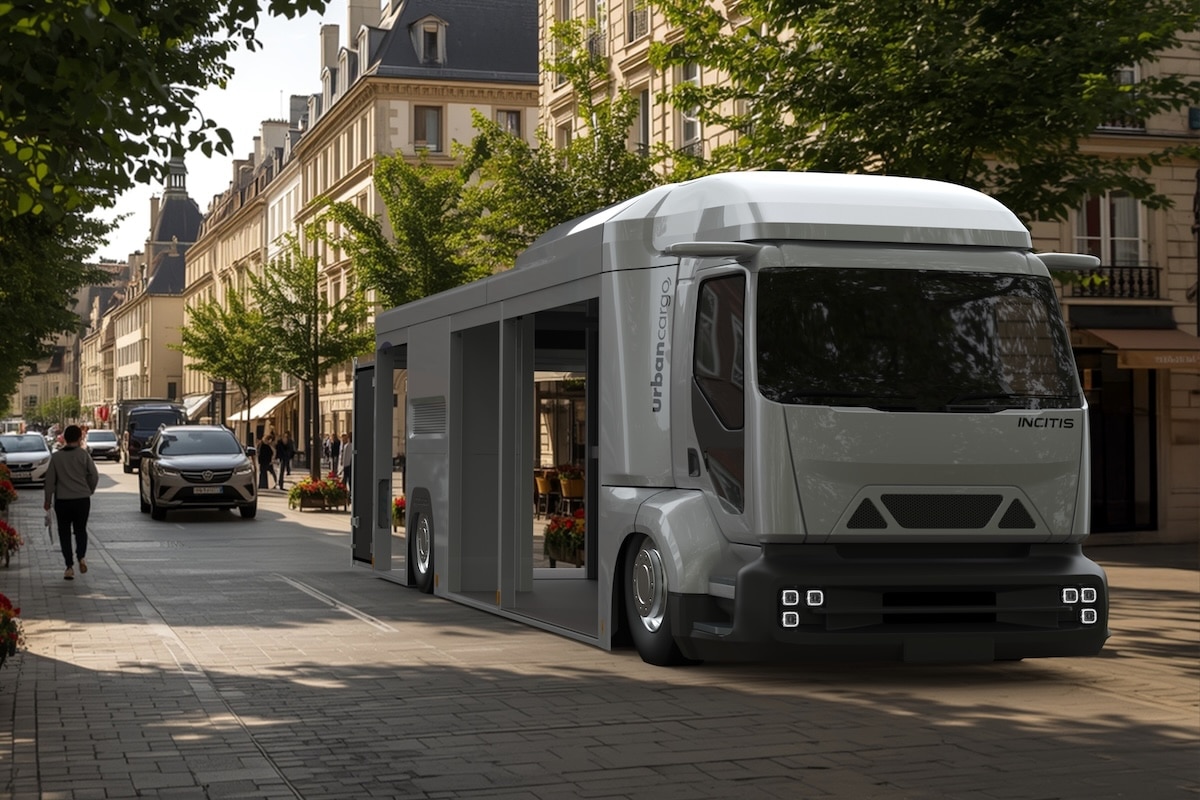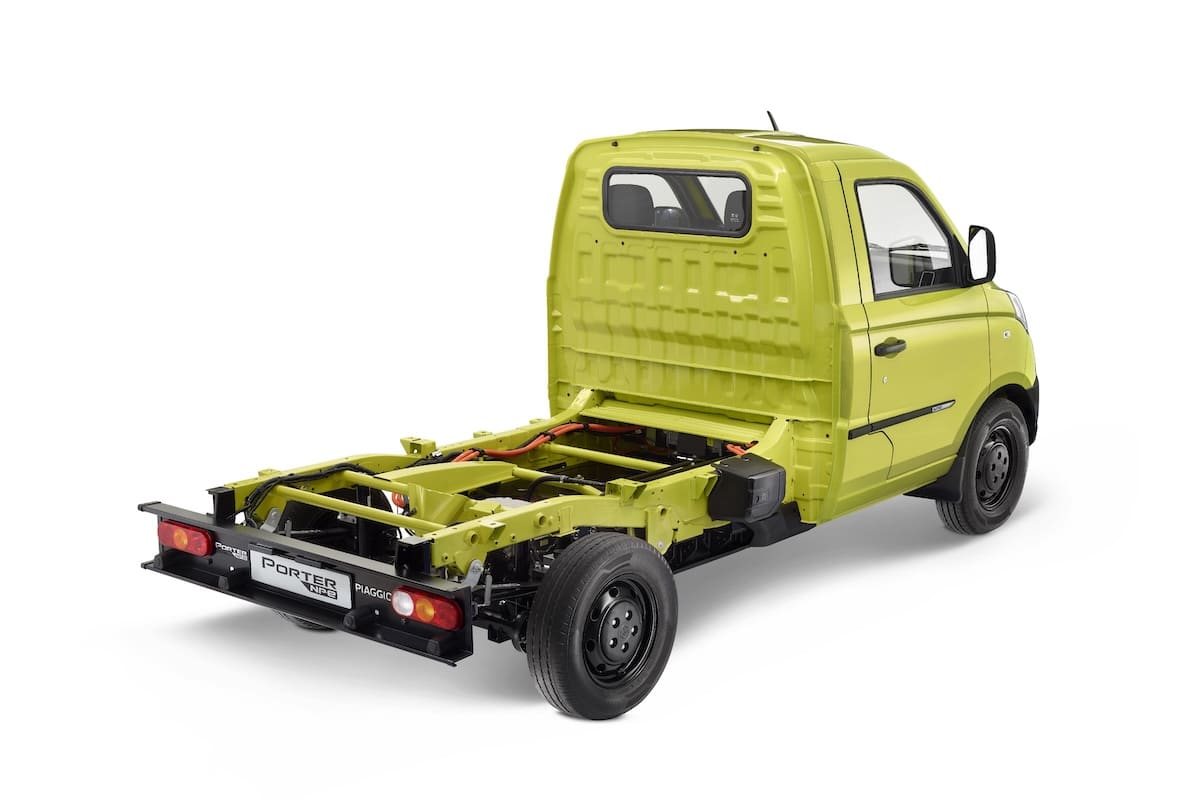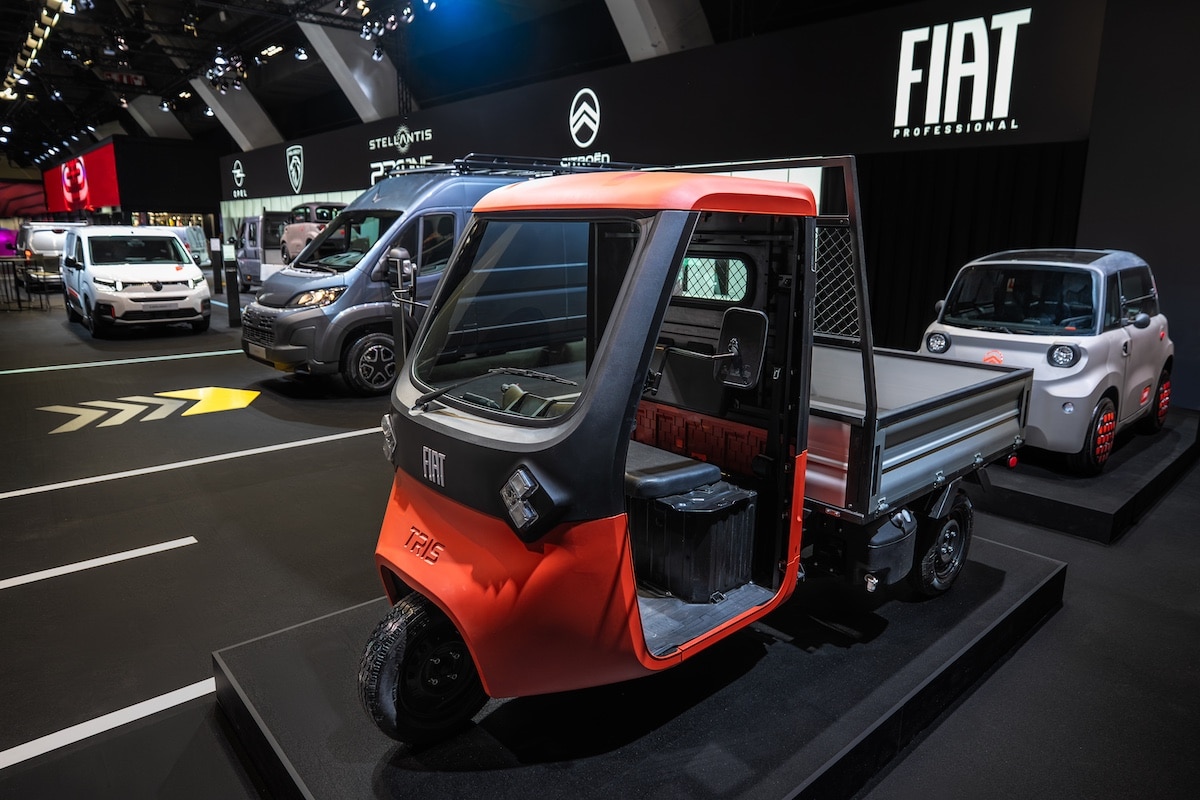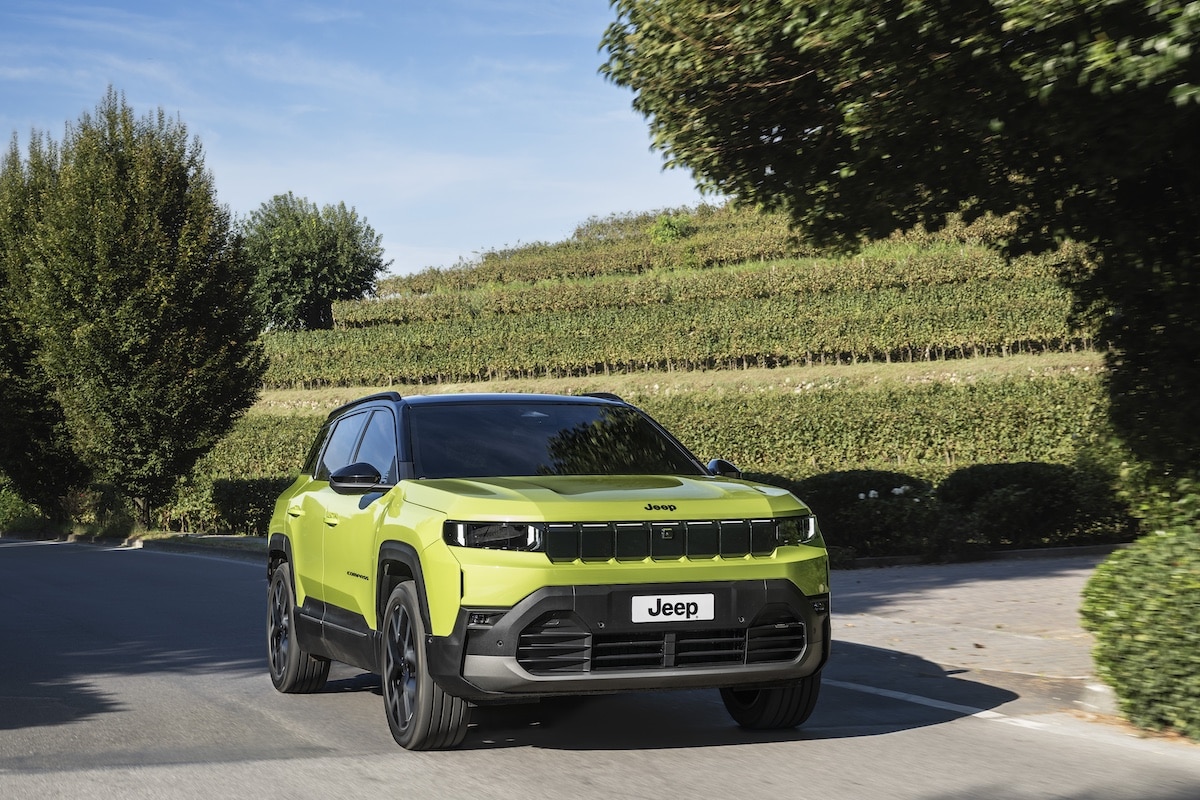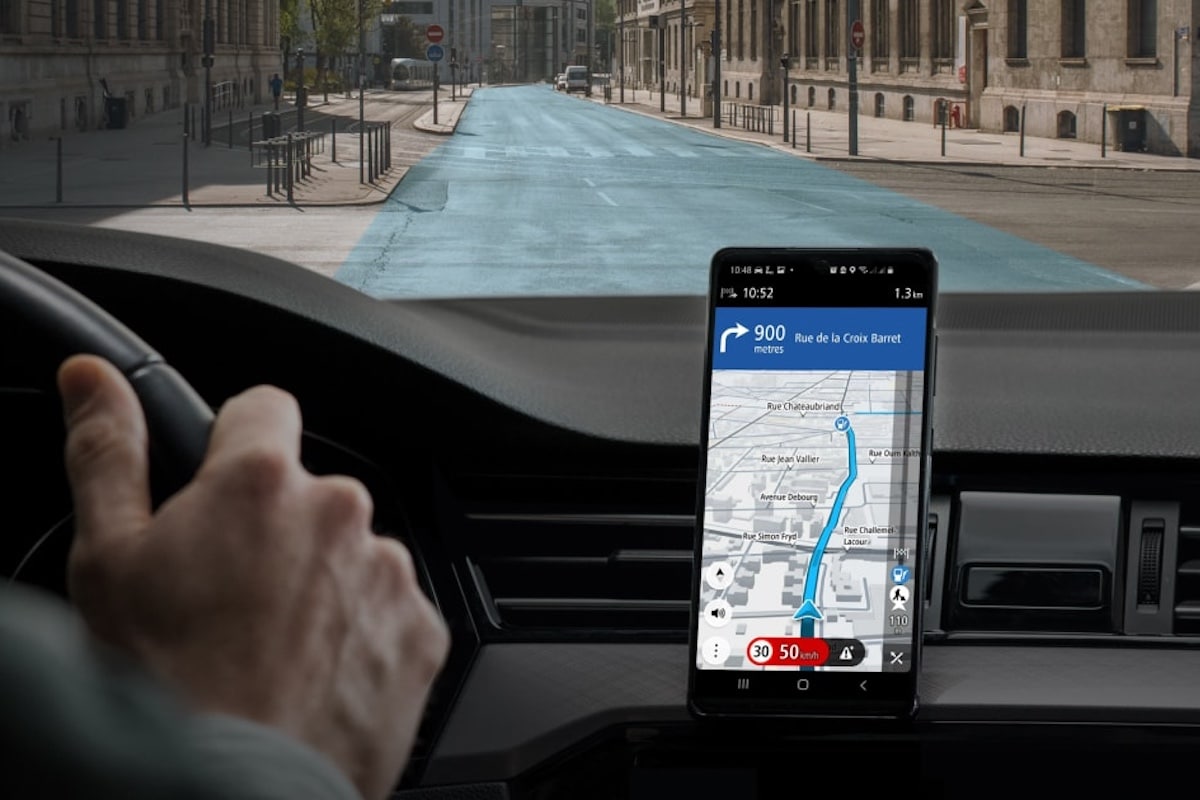France Applauds Electrification of Heavy-Duty Vehicle Fleet
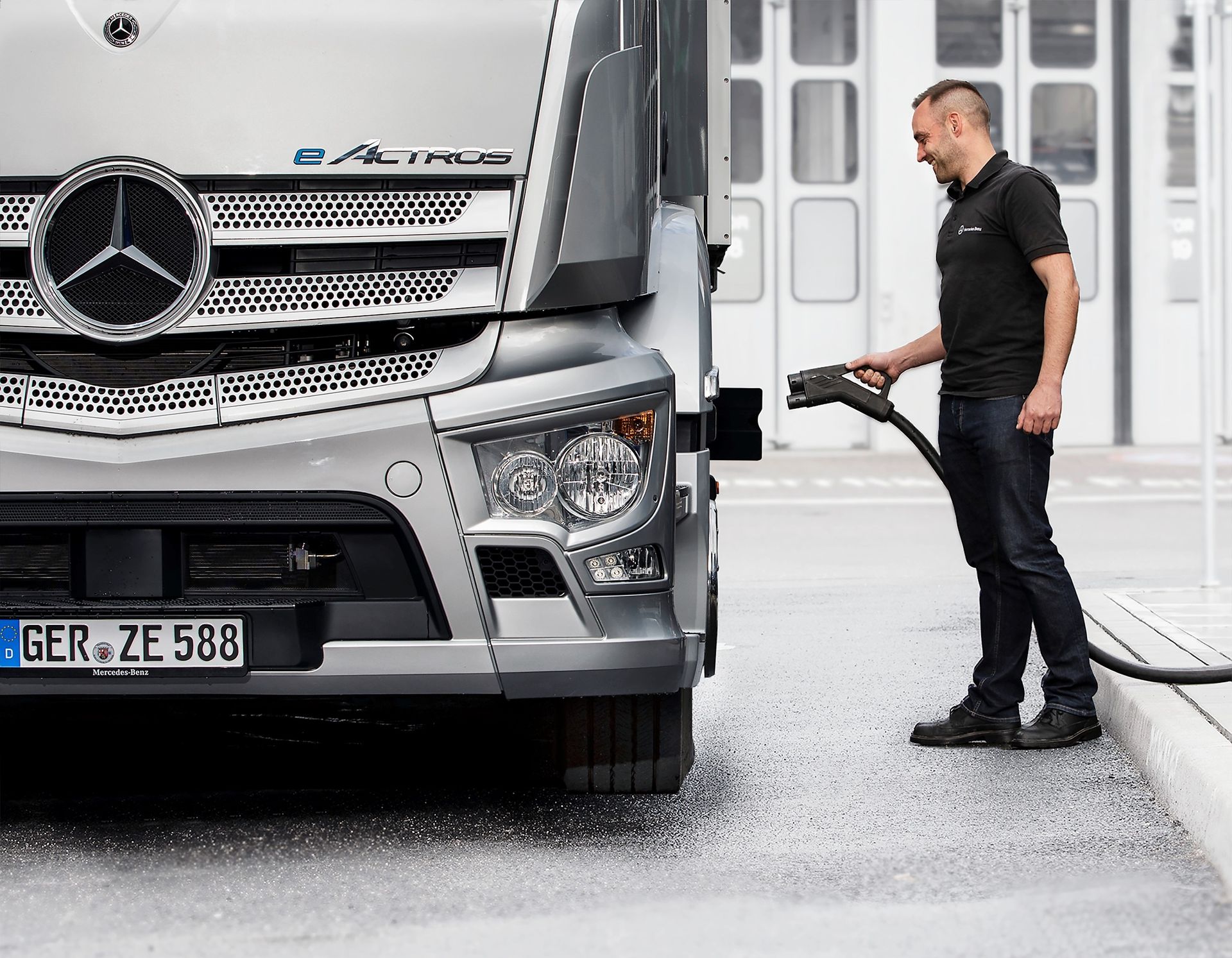
The electrification of heavy trucks in France is a major challenge for air decarbonization, but also for European competitiveness.
The Government is not holding back in defining its electrification plan for the truck fleet: a national issue. Just that. It is worth noting that the transportation sector represents about 30% of greenhouse gas emissions (GHG) in France, making it the main contributor to climate change. In this context, the electrification of heavy trucks is a crucial step towards achieving national and European climate goals. Aware of these challenges, the French government has implemented several ambitious measures to support road transport professionals in the energy transition.
E-Trans: a lever to accelerate electrification
The E-Trans scheme, with €130.2 million funded through energy savings certificates (CEE), aims to encourage the transition to electric heavy trucks. It primarily targets small and medium enterprises (SMEs), which often face difficulties related to the high costs of these vehicles.
By 2025, this program is expected to double the number of new registrations of electric heavy trucks compared to 2024. The expected impacts include:
- Support for 674 projects, representing 2,162 heavy trucks, 369 buses, and coaches.
- A reduction of 120,000 tons of CO2eq per year.
Additionally, a standardized operation sheet was established starting January 1, 2025, to facilitate the purchase or retrofitting of electric heavy vehicles.
Concrete results: SMEs and large projects highlighted
In 2024, 137 SMEs benefited from a dedicated fund, allowing them to acquire or lease 251 electric heavy vehicles (trucks and lorries) for a total aid amount of €20 million. These initiatives have avoided 17,700 tons of CO2eq per year, mainly concerning freight, distribution, and the agri-food industry.
With a budget of €110.2 million, this call for projects has financed 537 projects for the acquisition, leasing, or retrofitting of electric vehicles, totaling 2,280 electric heavy vehicles (trucks, lorries), 141 buses, and 228 coaches. The results include an annual reduction of 102,200 tons of CO2eq.
Advenir: for a charging network adapted to heavy trucks
The electrification of heavy trucks cannot be conceived without an efficient network of infrastructure. This is where the Advenir program comes in, aimed at financing the installation of specific charging stations. As of January 1, 2025:
- 972 charging points have been installed at operator depots, with an investment of €5.1 million.
- 24 public or dedicated charging stations for heavy trucks are operational.
The electrification of heavy trucks also aligns with a logic of green reindustrialization. Indeed, investments in electric vehicles and charging infrastructure promote the creation of local jobs and stimulate innovation. According to Marc Ferracci, Minister for Industry, this transition represents a strategic lever to enhance the competitiveness of the French sector and meet environmental performance requirements.
Challenges and perspectives for 2025 and beyond
Despite significant advances, several challenges remain:
- Cost of vehicles: Electric heavy trucks remain significantly more expensive than their thermal counterparts. More sustainable financial mechanisms may be necessary.
- Charging network: While progress has been made, infrastructure remains insufficient in certain rural or strategic areas for long-distance freight.
- Technological diversity: The government emphasizes an energy mix that also includes solutions like biogas (B100) or hydrogen, in addition to electric.
During the presentation of the results, Agnès Pannier-Runacher, Minister for Ecological Transition, stated: “As extreme events multiply, we must redouble our efforts to combat climate disruption. Thanks to the efforts of professionals and the measures in place, the electrification dynamic is underway.”
The electrification of heavy trucks is a complex yet essential challenge to reduce GHG emissions and achieve carbon neutrality by 2050. By combining financial aid, technological innovations, and infrastructure development, France demonstrates that an ambitious energy transition is possible while enhancing the economic competitiveness of its territories.
READ ALSO: Autonomous trucks: and just like that, DHL is going to lay off its drivers!
This page is translated from the original post "La France applaudit l’électrification du parc de poids lourds" in French.
We also suggestthese articles:
Also read
